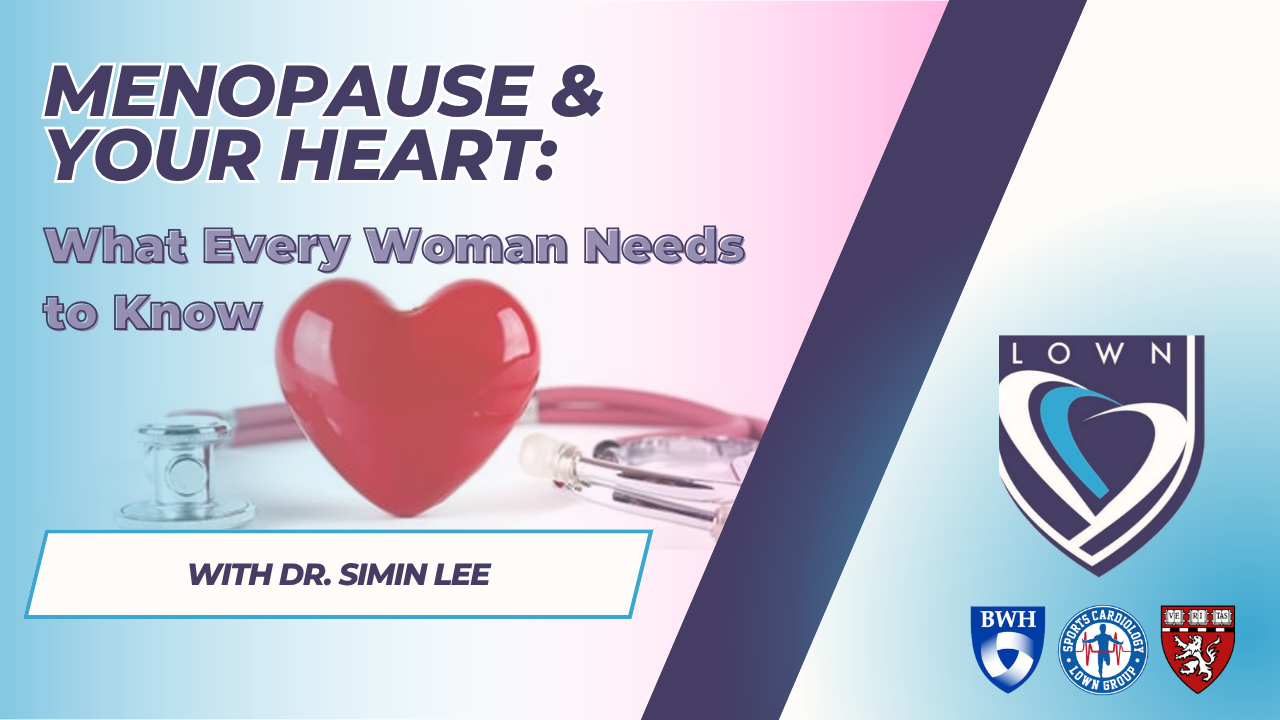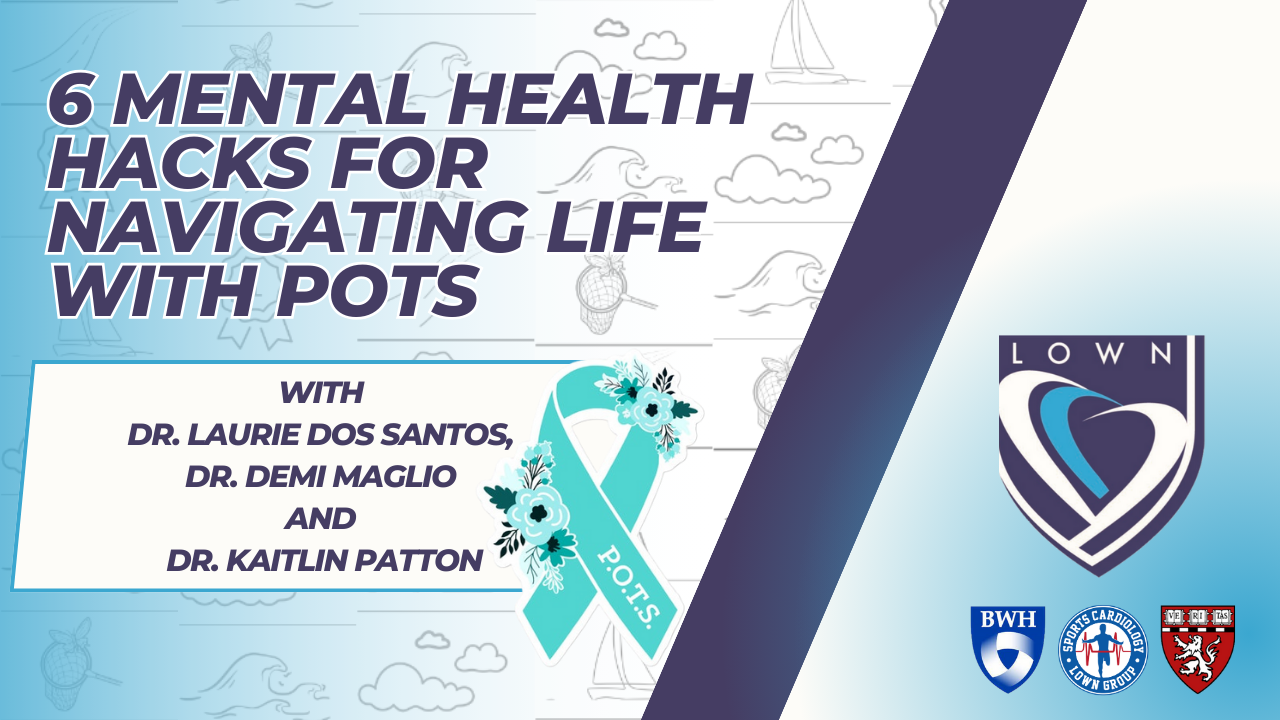What Is the Always Hungry Solution Plan?
Source: The Always Hungry Solution Plan | U.S. News (usnews.com)
Published: July 7th, 2023
Author: Vanessa Caceres
This article is based on reporting that features expert sources.
What Is the Always Hungry Solution Plan?
Based on the 2016 book "Always Hungry" written by Dr. David Ludwig, an endocrinologist at Boston Children’s Hospital, the Always Hungry Solution plan is an approach to eating that focuses on eating high-quality proteins, healthy fats and fewer processed carbs. Calorie counting isn’t part of the Always Hungry Solution plan. Instead, you eat until you feel full.
The concept is that, by focusing on high-quality food choices and filling up more on protein and fats instead of highly processed carbs, you'll feel fuller, longer. When you feel full, you'll eat less. You also reset the body to lose weight and give it the right fuel for better health.
“Although many people come to (the Always Hungry Solution plan) for weight loss, our not-so-secret agenda is improving metabolic health, reducing risk for chronic diseases like diabetes and enhancing well-being. We consider weight loss a pleasant side effect,” says Ludwig, who also serves as professor of pediatrics at Harvard Medical School and professor of nutrition at Harvard School of Public Health in Boston.
Why Conventional Weight Loss Diets May Not Work
Ludwig says the conventional approach to weight loss focuses on overeating as the cause of obesity and a low-calorie diet as the solution for it. Yet, after a short time, you might feel tired from following a low-calorie diet. As willpower goes down, you risk giving up on your diet and eating more, leading you to maintain your pre-diet weight or put on even more weight.
“Our approach can seem a bit of a shock at first,” Ludwig says, referring to the lack of calorie counting.
What Causes Weight Gain, According to Ludwig
In “Always Hungry?”, Ludwig says that overeating isn’t what causes us to gain weight or become obese. Instead, it's the process of eating too many low-quality carbs that can lead to weight gain.
By eating too many low-quality carbs – like pastries, white bread, pasta and potato chips – it interrupts the body's normal release of insulin, a hormone that controls blood sugar and leads fat cells to store more calories. This is also called the carbohydrate-insulin model.
To help get out of the weight-gain rut and improve health, the Always Hungry Solution plan focuses on:
- Ignoring calories.
- Eating until you feel satisfied.
- Choosing proteins, healthy fats and quality carbohydrates as primary nutrition sources.
- Following a meal plan that helps lower insulin and support metabolism to keep the body from storing too many calories, which can make weight loss tougher to achieve.
By doing these things, it becomes easier for the body to lose weight, Ludwig says.
How Does It Work?
The Always Hungry Solution plan has three phases. In Phase 1, the goal is to focus on lower carb intake and moderate protein intake. The mix: 25% carbs, 25% protein and 50% fat. Phase 1 takes about two weeks and helps to lower insulin without more extreme restriction, such as that associated with low-carb or keto diets, Ludwig says. Phase 1 lowers insulin by restricting sugar and carbs that can spike insulin levels.
Foods that are part of Phase 1 include:
- Legumes.
- Greens and non-starchy vegetables.
- Fruits, such as whole apples or oranges.
- Proteins, such as eggs, meat and Greek yogurt.
- Dairy, like milk and cheese.
- Healthy-fat foods like nut butters, olive oil and avocado.
Phases 2 and 3 involve adding quality carbs and fine-tuning the diet. These phases of the diet emphasize:
- A limited number of grains, like oats, quinoa, rice and wheat.
- Legumes.
- Vegetables.
- Fruits, but limiting tropical fruits and dried fruits in Phase 2 because they’re higher in sugar, which can cause a spike in insulin.
- High-protein foods.
- Dairy.
- Healthy high-fat foods.
A limited amount of sugar and high-carb sweets and snack foods are allowed by Phase 3, with some specific guidance given for each phase. There's more guidance within the book, on Ludwig's website and in the following document that outlines foods by each phase of the Always Hungry Solution plan.
Over time, you'll fine-tune the Always Hungry Solution plan to meet your metabolic needs and personal preferences, Ludwig says.
Some meal examples that are part of Always Hungry Solution plan include:
- Chicken salad with grapes and walnuts.
- Pesto baked fish.
- Bacon cheddar quiche.
- Spinach feta quiche.
- Moroccan lamb stew.
- Red lentil soup.
- Beef stroganoff salad.
- Yogurt parfait.
The book contains recipes and meal prep tips, planning and grocery lists to help people get started.
The diet plan also addresses getting quality sleep, doing physical activities that you enjoy and finding ways to reduce stress. All of these can help improve metabolic health and make weight loss easier.
Can I Lose Weight With the Always Hungry Solution Plan?
You might lose weight with the Always Hungry Solution plan. In a 6-week national pilot study with 237 participants, people lost weight at a rate of ½ pound to 2 pounds a week. In addition to weight loss, the participants had:
- More satisfaction with food.
- Lowered hunger.
- More energy.
- Feeling full for a longer time period after eating.
However, Ludwig acknowledges this study was not formal scientific research and that a greater investment into nutrition research from the government is needed to support definitive, long-term trials.
Pros and Cons of the Always Hungry Solution Plan
Here are some potential pros of the Always Hungry Solution plan as shared by Roxana Ehsani, a Miami-based registered dietitian nutritionist and a board-certified specialist in sports dietetics; and Mary Sabat, a nutritionist and ACE certified trainer in Milton, Georgia:
Pros
Certain advantages of the Always Hungry Solution plan include:
- Emphasizes whole foods over supplements and processed foods. The main staples include fruits, vegetables, whole grains, proteins and healthy fats.
- Encourages mindfulness and checking in with how certain foods make you feel.
- No calorie counting or restrictive eating, which can be hard to do long term and may lead to unhealthy eating behaviors.
- Reduces processed carbs and increases healthy fats.
- Emphasizes getting a good night’s sleep, which can help with weight loss and insulin regulation.
Cons
On the other hand, the diet always has its disadvantages, such as:
- Requires a good deal of food prep. Sabat recommends choosing simple dishes to make and repeating them or using leftovers throughout the week rather than having to make many different dishes.
- Could become pricey with the number of animal proteins on the menu, including eggs.
- May be hard for a vegan or vegetarian to follow due to the number of animal proteins. However, the diet does suggest alternatives to these.
- Doesn’t restrict foods that are high in saturated fats, such as animal proteins and full-fat dairy. A diet high in saturated fat can increase your “bad” cholesterol levels and your risk for heart disease and stroke.
- Could be hard to follow for someone who travels frequently or isn’t used to preparing a lot of food for themselves.
How to Save Money Following the Always Hungry Solution Plan
With most of us being cost-conscious nowadays, it helps to have a few tips on how to save money if you’re going to try a diet approach like the Always Hungry Solution plan. Here are a few suggestions:
- Purchase frozen fruits and vegetables instead of fresh. These usually cost less and will have the same nutritional value.
- Look for sales on kitchen staples like oils, nuts, seeds and canned fish.
- Buy store-brand products instead of brand-name ones.
- Purchase items like whole grains, beans, lentils and seeds in bulk.
- Focus on seasonal and local produce, which is often cheaper than imported varieties.
Those who try the Always Hungry Solution plan may find that they have an initial investment in stocking up their kitchen and buying basic cookware if they aren’t accustomed to cooking. Yet that is offset by not having to buy special products or supplements associated with some diet plans or overspending on take-out meals, Ludwig says.
Who Should Not Try the Always Hungry Solution Plan?
If you have any special medical conditions, speak with a health care provider before starting the Always Hungry Solution plan, Ludwig recommends.
Both Ehsani and Sabat say that if you have an eating disorder, the Always Hungry Solution plan should be avoided due to the number of rules associated with it. For someone with a binge eating disorder, it may be easy to overdo portions and gain weight instead of losing it, Sabat says.
Getting Started With the Always Hungry Solution Plan
If you want to get started with the Always Hungry Solution plan, follow these suggestions:
- Connect with others following the approach via the Facebook group for the Always Hungry Solution plan. You can share ideas, advice and support.
- Realize the Always Hungry Solution plan may be hard to follow at first if you’re used to calorie counting and fat restriction.
- Prepare as many meals or meal-prep tasks in advance so you aren’t overwhelmed by meal prep every day.
- Reduce meal prep time by choosing simple recipes and doubling them for a future meal, Sabat advises.
- Don’t confuse the sauces and higher-fat meals in restaurants as substitutes for cooking at home, as these are not quality controlled, and eating poor-quality foods will cause inflammation and weight gain, Sabat says.
A Final Word
Losing weight and eating healthier can be a challenge for anyone. While following a specific diet approach helps some people, keep in mind that you want to find something that can sustain you and improve your health in the long term.
If you’d like to lose weight or improve your nutrition, Ehsani advises speaking with a registered dietitian nutritionist who can help you find an eating regimen that best fits your needs and considers your medical history, food preferences, dietary restrictions and budget.
SOURCESThe U.S. News Health team delivers accurate information about health, nutrition and fitness, as well as in-depth medical condition guides. All of our stories rely on multiple, independent sources and experts in the field, such as medical doctors and licensed nutritionists. To learn more about how we keep our content accurate and trustworthy, read our editorial guidelines.
Roxana Ehsani MS, RD, CSSD, LDN
Ehsani is a board-certified dietitian and national media spokesperson for the Academy of Nutrition and Dietetics. She is based in Miami, Florida.
Mary Sabat, MS, RDN, LD
Sabat is an ACE-certified personal trainer, nutritionist and owner of BodyDesigns in Alpharetta, Georgia.
Recent Blog Posts






